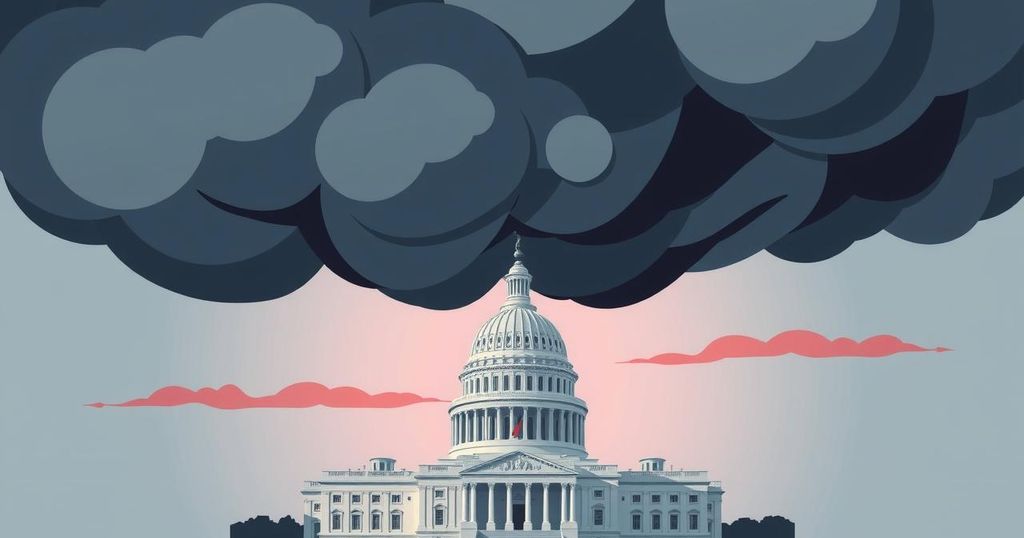Haiti Temporary Protected Status Ruling Sparks National Debate
- Recent ruling on Haiti’s Temporary Protected Status reflects ongoing crises.
- Many Haitian migrants are facing unstable conditions upon potential deportation.
- Advocates view the TPS extension as crucial for humanitarian support.
Recent Ruling on Temporary Protected Status for Haitians
The recent ruling on Temporary Protected Status (TPS) for Haitian nationals has stirred significant discussion among advocates and policymakers alike. The decision reflects ongoing concerns regarding the safety and stability in Haiti, particularly due to natural disasters and political unrest. As many Haitian migrants face the possibility of being sent back to a country that is still grappling with crises, the complexities surrounding TPS have come to the forefront of national immigration debates.
Advocates Applaud New TPS Developments
In recent years, the situation in Haiti has deteriorated markedly, prompting many to seek refuge in the United States. This TPS ruling allows eligible Haitian nationals a temporary reprieve from deportation, acknowledging the dire conditions in their home country. Advocacy groups are lauding this development, arguing that it provides much-needed relief and recognizes the humanitarian crisis that many Haitians are currently experiencing.
Critics Raise Concerns Over TPS Extension
However, some critics argue that extending TPS may further complicate immigration policy. The debate hinges on balancing humanitarian needs with the perceived implications for U.S. border security. As the situation evolves, both sides are urging the government to consider the long-term consequences of immigration policies, the safety of those affected, and the broader implications for U.S.-Haiti relations.
In summary, the ruling on Temporary Protected Status for Haitian nationals is a vital step amidst ongoing turmoil in Haiti. It reflects both advocacy for humane immigration practices and highlights the tension between policy and humanitarian needs. Moving forward, the conversation will likely center on the broader implications of this decision as the situation in Haiti continues to unfold.




Post Comment